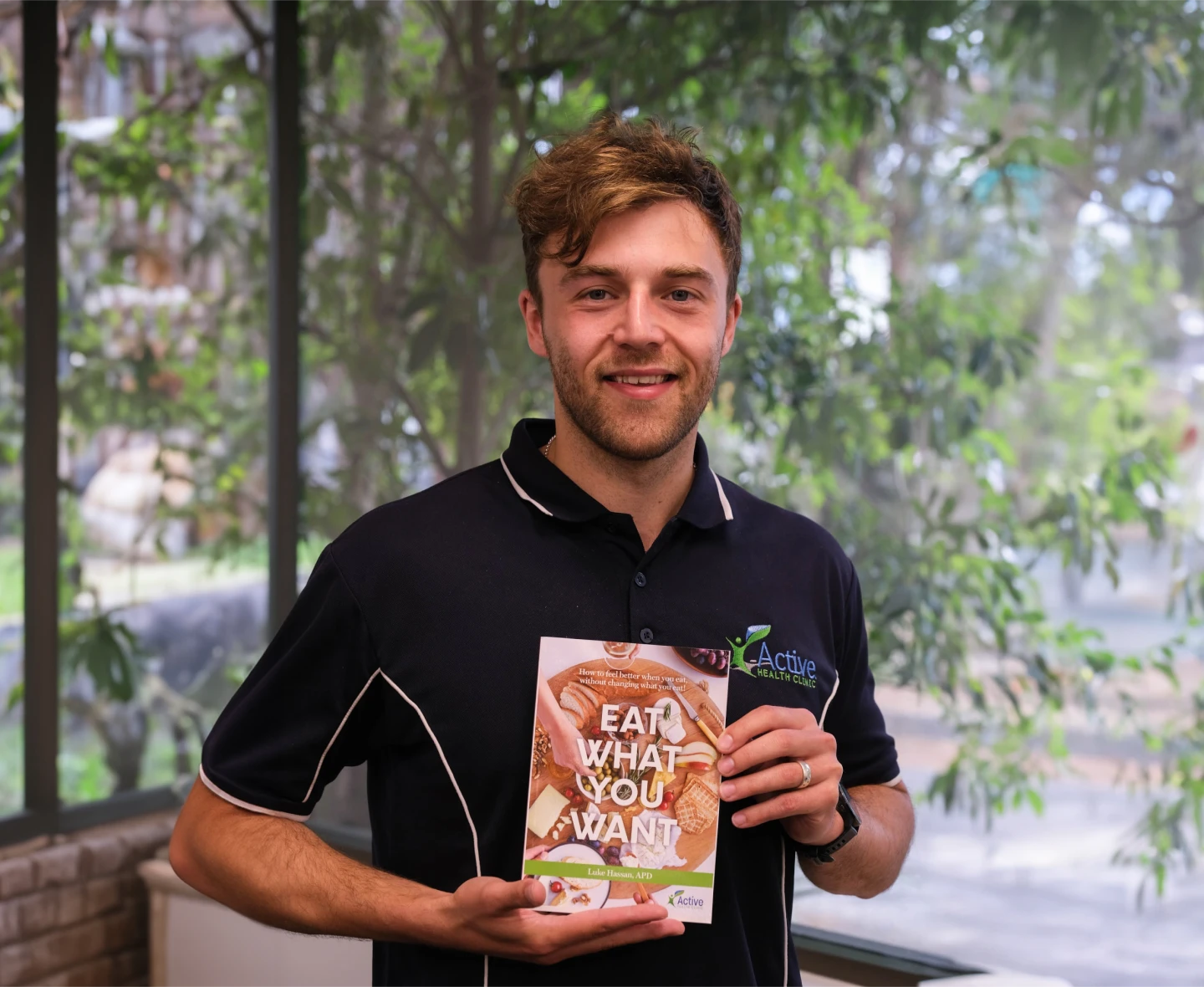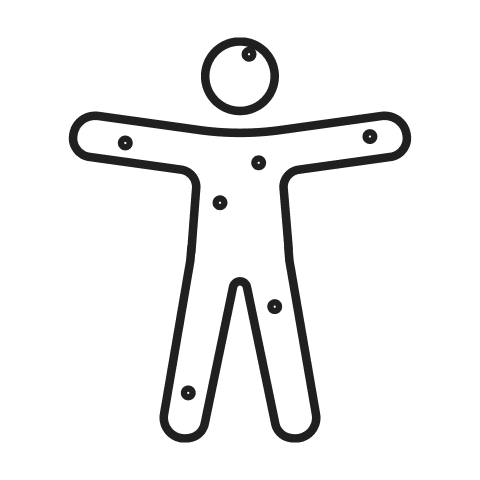Postural Orthostatic Tachycardia Syndrome (POTS)
POTS is diagnosed when the heart rate increases by 30 beats per minute or more (40 beats per minute in children) within 10 minutes of standing, without a significant drop in blood pressure. This abnormal heart rate response is due to issues with autonomic regulation, where the body’s natural mechanisms for managing heart rate and blood flow do not function properly.
Orthostatic or Postural Hypotension
Orthostatic hypotension occurs when there is a significant drop in blood pressure upon standing from a sitting or lying position. This is identified by a systolic blood pressure drop of 20 mmHg or more, or a diastolic drop of 10 mmHg or more.
Are there other types?
Yes!
Inappropriate sinus tachycardia
Inappropriate sinus tachycardia is characterized by an abnormally rapid heart rate (over 100 beats per minute at rest) without an obvious cause. This occurs when the heart’s natural pacemaker, the sinus node, sends electrical signals at a faster rate than normal.
Neurocardiogenic or Vasovagal Syncope
Neurocardiogenic syncope, or vasovagal syncope, is a type of fainting triggered by an exaggerated response of the autonomic nervous system. This results in a sudden drop in heart rate and blood pressure, often in response to emotional stress, pain, or prolonged standing.










